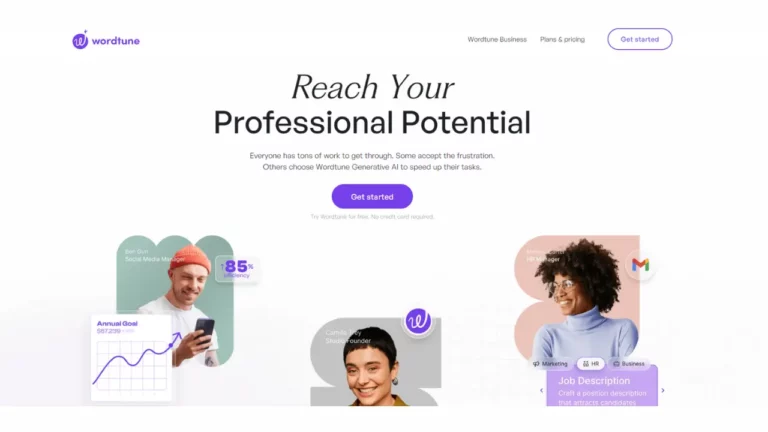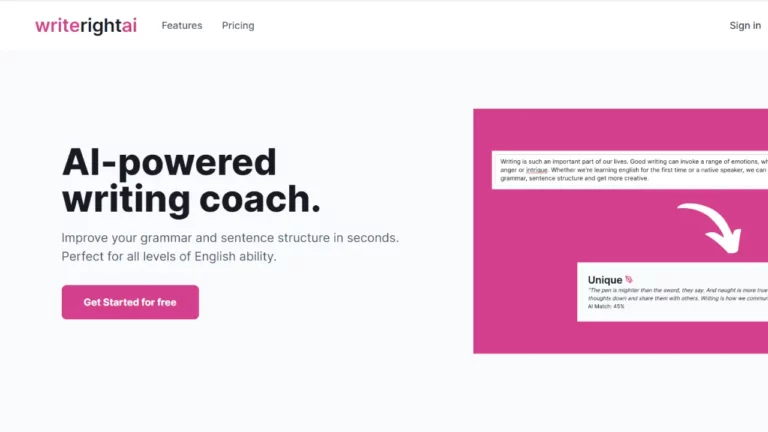Galileo AI

Galileo AI is a generative AI tool that aims to help user interface (UI) designers create high-quality designs rapidly and effectively. It uses natural language processing to comprehend your design concept and creates comparable graphic layouts, saving you time during the initial brainstorming and experimentation stages.
Key Features of Galileo AI:
UI generation: Galileo AI can develop high-fidelity UI designs from scratch using text descriptions, saving time and effort for novices or those looking to explore various choices quickly.
Multiple design formats: Galileo AI is a flexible tool that can create designs for a variety of forms, including websites, mobile applications, and online dashboards, making it ideal for a variety of projects.
Customization: Galileo AI allows you to customize designs to meet your unique brand criteria, such as color palette, typography, and layout.
Integration with other tools: Galileo AI interacts effortlessly with popular design programs such as Figma and Sketch, making it an essential component of your creative workflow.
Accessibility: Galileo AI is committed to providing accessible designs that follow WCAG requirements through its platform features.
Affordability: Galileo AI provides a free plan with limited functionality, and subscription plans begin at $19 per month and include extra features and use limitations.
Use Cases for Galileo AI Review:
For Designers: The Galileo AI tool enables quick prototyping, UI exploration, time-saving automation, and accessibility support. It enables designers to quickly create prototypes for websites, mobile applications, and user interfaces, allowing more efficient exploration and testing. The technology also automates tedious operations, freeing designers to concentrate on innovative solutions and refining.
For Product Developers: The method includes creating visual representations of design concepts, producing user interface inspiration, and effectively communicating these ideas to non-designers via high-fidelity prototypes.
For Creative Teams: The service provides design brainstorming sessions, content integration, and content curation, as well as images created from team ideas, UI components, and AI-generated imagery for marketing materials, presentations, and social media campaigns.
Additional Industries: Create high-quality online storefronts, eye-catching marketing materials, and interactive learning resources for e-commerce, marketing, and education.
Galileo AI: Pros and Cons
Pros: Users may build functional, visually beautiful UI mockups using AI-powered design generation instead of hand construction. It employs natural language prompts and AI-generated visuals to enhance designs’ style and brand identification. The platform is user-friendly, increasing productivity and producing high-fidelity designs that may be further customized.
Cons: Galileo AI provides limited design control, occasional errors, and a restricted feature set as compared to traditional design tools. It lacks sophisticated capabilities like animation, prototyping, and code production, and requires a monthly membership, which may be inconvenient for casual users or small organizations.







